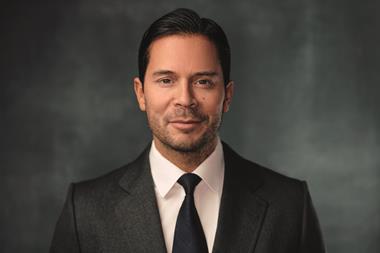GLOBAL - Greater standardisation of the way funds are structured could deliver significant savings for investors, suggests William Hill, head of property at Schroders.
"Product development and due diligence will be simplified, resulting in considerable improvements in efficiency for the fund management industry as a whole," Hill told IPE Real Estate.
"In Germany it costs me £70,000 (€80,663k) to launch a KAG, while launching a bespoke fund such as an FCP can cost up to ten times that," he said.
"The industry can do better," Hill continued. "For example, there is no standardisation of the governance structure which means that hours are spent in discussion each time a fund is put together."
Hill said he sees the governance structure as a particular area of concern. He fears problems with current funds will trigger an overreaction from investors whereby they will demand too much control over investment decision making in the future through investment committees.
He added: "If an investor selects a manager he should trust that manager. How can a manager be properly held accountable if he has a limit on his discretion over the management of a fund and has to operate with his hands tied behind his back? Management by consensus will make it much harder to achieve the ultimate investment goals of a fund."
Hill said managers can be kept on track by well-defined investment parameters and risk controls set out in the fund prospectus which can then be monitored by an investment committee."
Alignment of interest has grown in importance since the downturn began and co-investment by the manager is becoming the preferred means to achieve it, especially given concerns over some fee structures that place an unfair risk burden on the investor.
However Hill claimed there is little evidence to suggest that these funds have improved performance and that a rethink is required.
He added, going forward, the cost of sponsor capital is going to be more expensive and this can only be reflected in higher fees or products not being launched because of the high cost.
"In today's climate the capital needed to provide this co-investment is very expensive, and this cost will inevitably be born by the investor," he pointed out.












